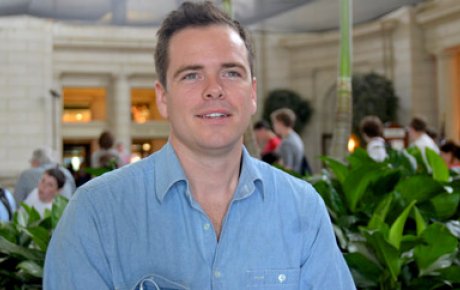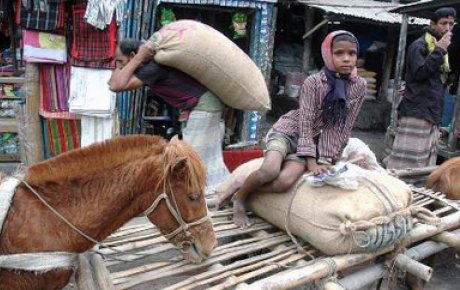412x242_fulbrightstudent_zain-ul-abin.jpg
 Fulbright U.S. Student, Khawaja Zain-ul-abdin
Fulbright U.S. Student, Khawaja Zain-ul-abdin
“I faced a culture shock when I went to the United States,” says Khawaja , “not because of the hedonistic excesses shown entertainment, but because of the absolute and total absence of this phenomenon altogether.”
“The Americans I met over my four years all over the United States, barring none, were hard working, straightforward, simple and honest people. The students worked hard to support their education, sometimes keeping up to three jobs to be able to pay the fees, working and studying almost 16 hours a day, every day. The sheer ethic of hard work and professionalism of most common folk is a sobering reality for those who choose to base their views of the American people on a media narrative alone.”
Khawaja saw many similarities between Americans and Pakistanis, similarities that did not always translate through media outlets. Above all, he was impressed by the value regular American people put on education, which helped him focus his research at Florida State University on education.
“The Pakistani people work just as hard, desire better times just as much as their American counterparts, but unfortunately do not value or do not have access to education like that of those in the U.S.,” he said.
In 2010, severe flooding overtook many parts of Pakistan and destroyed over 10,000 schools in the process. In the absence of educational alternatives, Khawaja feared “further radicalization of the masses.”
“I and a few professional partners and personal friends decided to take the problem head-on through the implementation of an educational television channel in the populous Punjab province,” he said.
Though still in its infancy, the project has generated interest among government and academic circles.
“The idea is to use indirect learning,” says Khawaja, “using people’s capacity to learn through observation as the main instructional vehicle, with the instruction itself lodged within entertainment media.”



